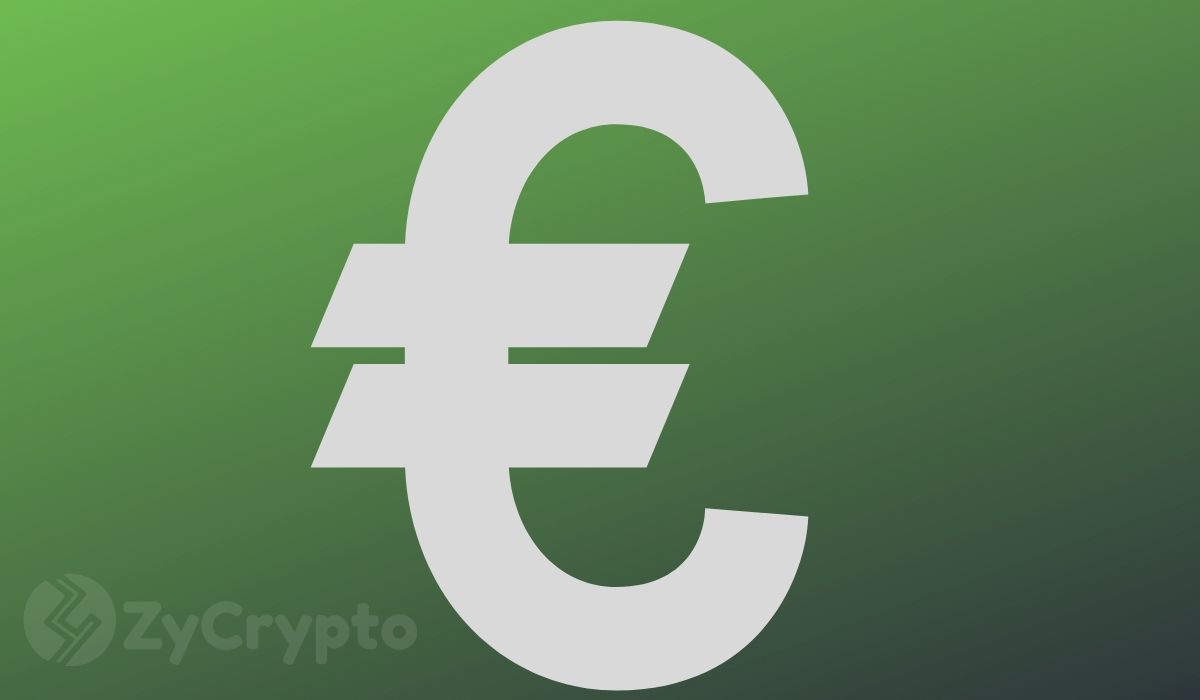The CashCon 2022 conference lasted from 7-8 September 2022 in Leipzig, Germany. Burkhard Balz, a member of the Executive Board of the German Central Bank (Deutsche Bundesbank), addressed the conference on the topic: “The digital euro – an opportunity for Europe”. Balz advised that the Bundesbank and other central banks in the Eurosystem were analysing the risks and opportunities arising from the possible introduction of the digital euro.
Speaking at CashCon 2022, Balz pointed out the roles the digital euro would play if introduced. Balz said the digital euro would harmonise the European payments system. In addition, Balz said that a digital euro would support European legislators’ large-scale digital processes and other digitalisation efforts.
Balz said that a digital euro would also support the decline in cash payments. A July 2022 Bundesbank study on payment behaviour in Germany in 2021 revealed that although cash was still the most frequently used means of payment in Germany, the proportion of cash payments fell sharply between 2017 and 2020.
Balz expressed concern over the sufficiency of reserves held by stablecoin issuers. “By contrast, a digital currency issued by the central bank could serve as a payment instrument, unit of account and store of value even in cyberspace, thereby fulfilling all functions of money”, he said.
Balz advised that it would take some time before a decision on the digital euro would be taken. He said: “Since October 2021, Eurosystem experts have been working in an investigation phase to address specific issues concerning the potential design of a digital euro, where they have been exploring various application and use cases”.
In addition, “Eurosystem experts, together with the European Commission, are discussing the legal bases necessary for a possible introduction. Mechanisms are also being developed to ensure high cyber security standards and operational resilience”, Balz said.
Balz informed the CashCon 2022 conference of the next steps in exploring the possible introduction of the digital euro. He said: “Then, at the end of 2023, the Eurosystem will decide whether to enter the realisation phase, which could take three years. This phase will develop and test the technical solutions and frameworks needed for issuing a digital euro”.
“Regardless of the decisions that are made, one thing is clear: the Eurosystem will continue to offer cash in the future. The digital euro will complement cash, not replace it”, Balz said.
Meanwhile, Germany is also grappling with high inflation. German annual inflation declined slightly from 7.6% in June 2022 to 7.5% in July 2022, largely because of rising energy prices, interruptions in supply chains and rising food prices. On September 4, 2022, the German government announced a US$ 65 billion inflation-relief plan funded by windfall profits from energy firms.
- Bitcoin
- blockchain
- blockchain compliance
- blockchain conference
- coinbase
- coingenius
- Consensus
- crypto conference
- crypto mining
- cryptocurrency
- Cryptocurrency News
- decentralized
- DeFi
- Digital Assets
- ethereum
- machine learning
- news
- non fungible token
- plato
- plato ai
- Plato Data Intelligence
- Platoblockchain
- PlatoData
- platogaming
- Polygon
- proof of stake
- W3
- zephyrnet
- ZyCrypto













